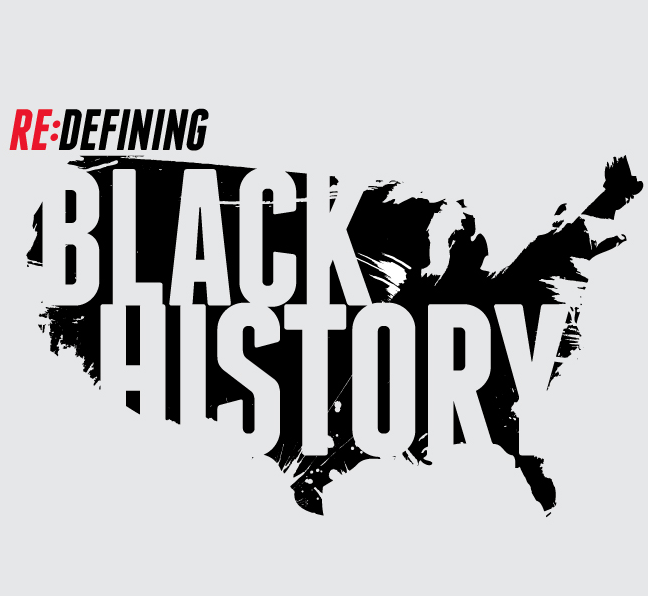As February comes to an end, we are supposed to say “goodbye” to Black History Month. Ridiculous, right? We all know that black history cannot be confined to one month out of the year as it is so engrained into our larger history of the United States.
Let’s take a moment to appreciate these words from Daniel Jocz, a high school AP US History teacher in LA, from a HuffPost article:
We have an unfortunate tendency in this country to exclude the stories of various groups in our year-round teaching of the nation’s history. The experience of African Americans, women, immigrants, workers, the poor, and gay and lesbian individuals is American history. We should not need special months or laws signed by elected officials to commit ourselves to teaching an American history that is inclusive of all Americans. The American experience has been influenced by class, gender, race, sexual orientation, geography, and religion. To not teach this history year round is to do a disservice to our nation’s rich, complicated past.
As leaders in our community we have to take a stance to integrate black history, women’s history, and the history of all other marginalized groups of peoples’ into mainstream American history. There is no excuse for the history of our children to be ignored and pushed aside.
When designing a mentoring program it is important to consider the education children in the community may or may not be receiving at schools. And then fill in that gap! Your purpose is to empower younger generations with the full knowledge of their history and their strength.
How can you integrate black history into the everyday for your child? Through books.  Buzzfeed published two wonderful lists of books, one for adults and one for children. If reading isn’t quite your style, PBS has a wonderful list of movies and films to keep you connected all year long.
Buzzfeed published two wonderful lists of books, one for adults and one for children. If reading isn’t quite your style, PBS has a wonderful list of movies and films to keep you connected all year long.
A final quote from Mr. Jocz:
Education should be not only inclusive but also empowering.

